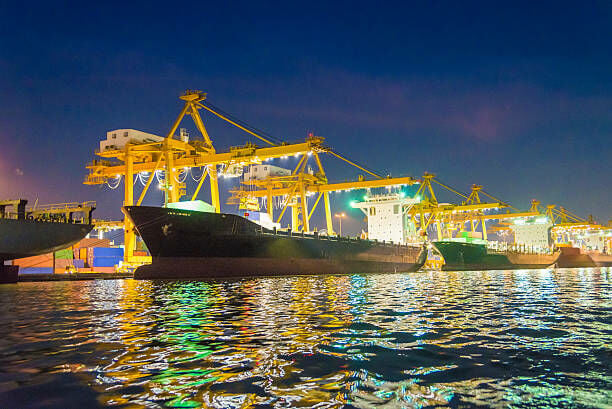Rising Red Sea tensions to spike freight rates warns EconThai

Global supply chains are bracing for further potential disruptions, as rising tensions in the Red Sea are projected to escalate freight rates in February, according to the Employers’ Confederation of Thai Trade and Industry (EconThai). The organisation has already noted an increase in freight rates by 1.89 to 2.42 times, a trend expected to persist should the tensions continue.
Tanit Sorat, vice-chairman of EconThai, expressed concern over the increasing freight costs exerting pressure on transportation.
“This may eventually lead to higher inflation and an economic slowdown in countries that use shipping routes through the Red Sea.”
EconThai is urging Thai exporters to prepare for the impact of the tension, attributed to the Houthi rebel group’s continued assaults on commercial ships in the Red Sea since mid-November 2023.
Freight rates for vessels from Thailand headed for Europe via the Red Sea experienced a spike in December of the previous year, hitting US$1,650 (59,053 baht) per 20-foot equivalent unit (TEU). According to EconThai’s forecasts, the forward price for shipping goods will rise to US$4,000 (143,160 baht) per TEU by February 2024, reported Bangkok Post.
Moreover, exporters could face increased insurance rates, a transit disruption surcharge, and a contingency adjustment charge if the Red Sea tension persists.
EconThai’s concerns extend to the potential ripple effects of the Houthi attacks, such as a potential surge in global crude oil prices, which could impact domestic oil prices, affecting both the transport and manufacturing sectors. The confederation also underscored the need to monitor the prices of imported raw materials into Thailand.
The Internal Trade Department has reported that the cost of imported raw materials has increased, especially for chemical fertilisers and steel, due to higher freight rates. However, these increases have not yet influenced sales prices.
The Houthi rebel group, based in Yemen and backed by Iran, primarily targets ships linked to Israel. Their actions prompted the US’s formation of a multilateral coalition in December, aimed at safeguarding commercial traffic in the area.
The Thai National Shippers’ Council has noted that some ships are being rerouted around the Cape of Good Hope. This diversion will inevitably incur higher costs for products from Thailand destined for the Middle East, Europe, North Africa, and parts of the eastern US.
In related news, Thailand’s 1.31 trillion baht exports to Europe and the Middle East faced jeopardy amid Red Sea tensions. Warning bells echoed as armed militants threatened vital trade routes, risking a global economic crisis. Read more about the sea crisis.
Latest Thailand News
Follow The Thaiger on Google News:


























